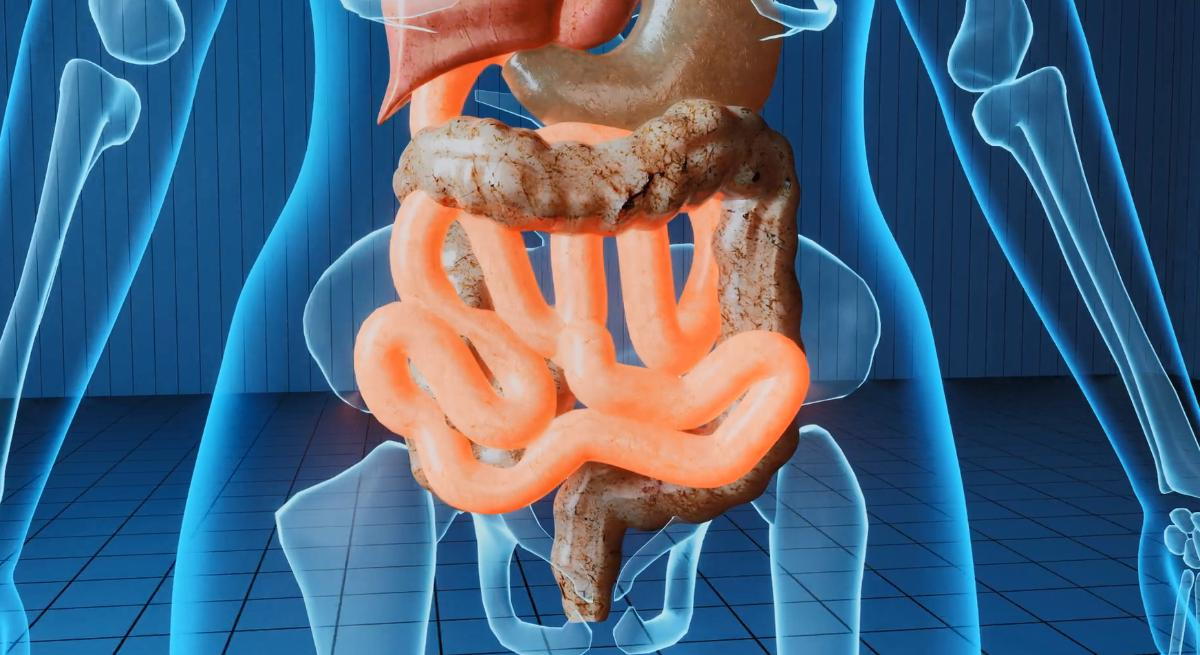
Do you often confuse diverticulitis and diverticulosis with one another? They’re both conditions that happen in your colon, and understanding both of them is very important—since they are connected with each other. Approximately 10% of people in the United States over the age of 40 years have diverticulosis, and almost half of the people of the United States older than 60 years have the condition, which can lead to developing diverticulitis. For that reason, at the Digestive and Liver Center we’re here to answer any questions and give out as much information as possible.
What is diverticulosis?
Diverticulosis is a condition that happens when you have small pouches that form and pass through weak spots in your colon. One pouch is called diverticulum, and more than two pouches are called diverticula. It’s most common for people to develop diverticulosis at an older age. Sometimes this condition doesn’t have any symptoms which can make it risky. This is why our Orlando GI experts recommend you have a regular checkup done. Furthermore, a few symptoms that you might develop can be mild cramps, constipation and swelling, however, those symptoms may not necessarily mean that you have diverticulosis. For that reason, it’s important to contact your doctor if you feel any symptoms. Our GI experts in Orlando are available to help.
What is diverticulitis?
When the small pouches that formed on the colon are infected or inflamed, the condition is called diverticulitis. This can occur to almost 25% of people who develop diverticulosis. There are a couple of symptoms that you may develop, the most common is abdominal pain. Other symptoms that you can have are nausea, fever, cramps, constipation and vomiting. The worst the infection gets will determine how bad the symptoms affect you.
Complications that diverticulitis can cause:
Hemorrhage: when the diverticula bleeds, you may see blood in the toilet and/or the stool. If you experience bleeding on the rectum, you should see the doctor. If the bleeding doesn’t stop, you might need surgery.
Abscess: this is an infected pus-filled area outside the colon that can cause symptoms such as fever, nausea and vomiting, and also can break the tissues.
Perforation: a perforation is a hole in the pouch which can cause the pus to come out of the colon to the abdominal zone.
Peritonitis: this is an infection that spreads through the abdominal area.
Treatments:
Diverticulosis: a good way to treat diverticulosis is to increase your intake of fiber. A high fiber diet is the best way to help with this condition.
Diverticulitis: in order to treat diverticulitis, the doctor may recommend for you to rest in bed, try a liquid diet and antibiotics.
Now that you know more about diverticulitis and diverticulosis, you have the necessary tools to understand the symptoms that you may have. Since these are conditions that can happen while we age, it’s crucial to have your Orlando GI doctor conduct frequent checkups just to make sure you are well and healthy. If you feel any discomfort or just want to make sure you’re okay, go ahead and make an appointment with us at Digestive and Liver Center, call 407-384-7388. We have locations available to you in the greater Orlando area.
